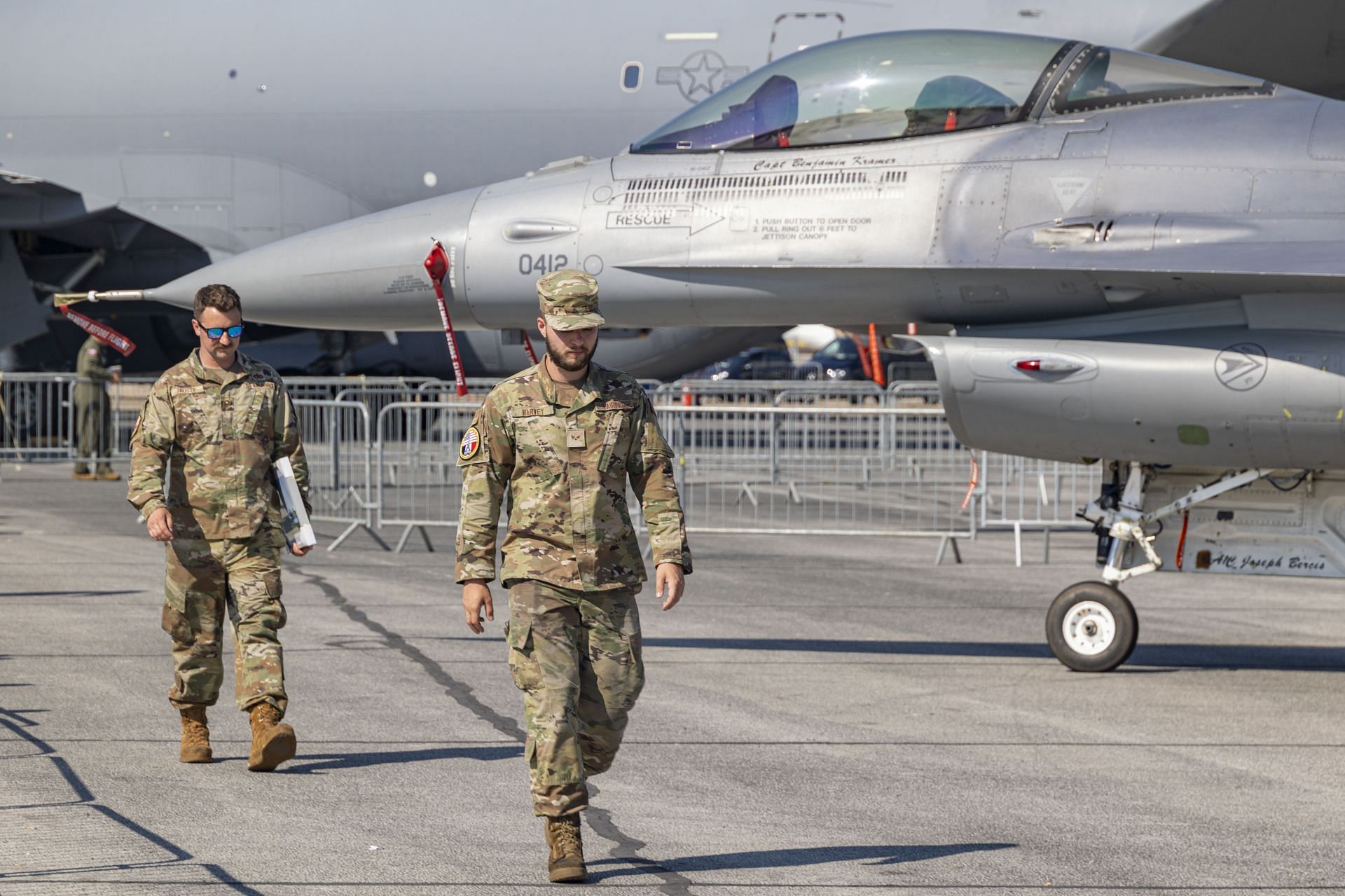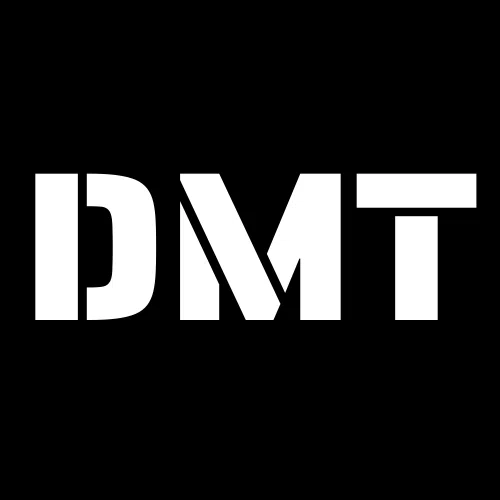As the series shows, the investigation by Christine Saunier-Ruellan focused on why three flights were flown with the same pilots and the same passenger. On the March 2013 flight that resulted in the pilots’ arrest, the manager and stewardess were told that the client did not need her services—
Through intercepting the pilots’ devices, she found what she thought were suspicious messages sent by the pilots, from “nature of cargo confirmed” and “we did what we had to do.” Saunier-Ruellan also discovered Internet searches on Fauret’s personal computer that were about the drug trafficking situation in Ecuador and the penalties.
She questioned if these were all signs that the pilots knew that cocaine was in the 26 suitcases, but no definitive link could be made between the messages and behaviors and the luggage. “The appeals court considered these arguments solid enough to overturn the conviction,” says Olivier Bouchara, Cocaine Air co-director.
At one point, she even went so far as to bug former President Nicolas Sarkozy’s phone because he had flown that airline in the past. But he had nothing to do with the plane full of cocaine and appears in Cocaine Air to set the record straight on any misconceptions.
“In the case of the two pilots, she didn’t have direct proof,” Bouchara says. “What she had were indications, or circumstantial evidence.”






